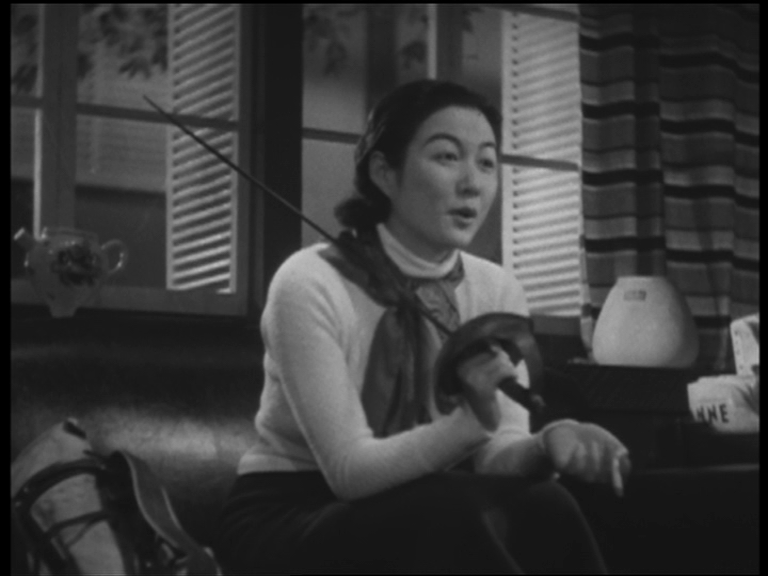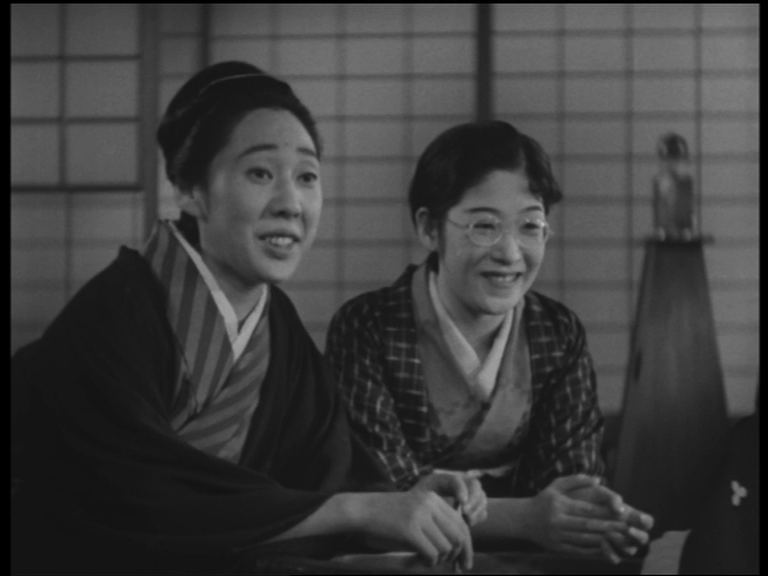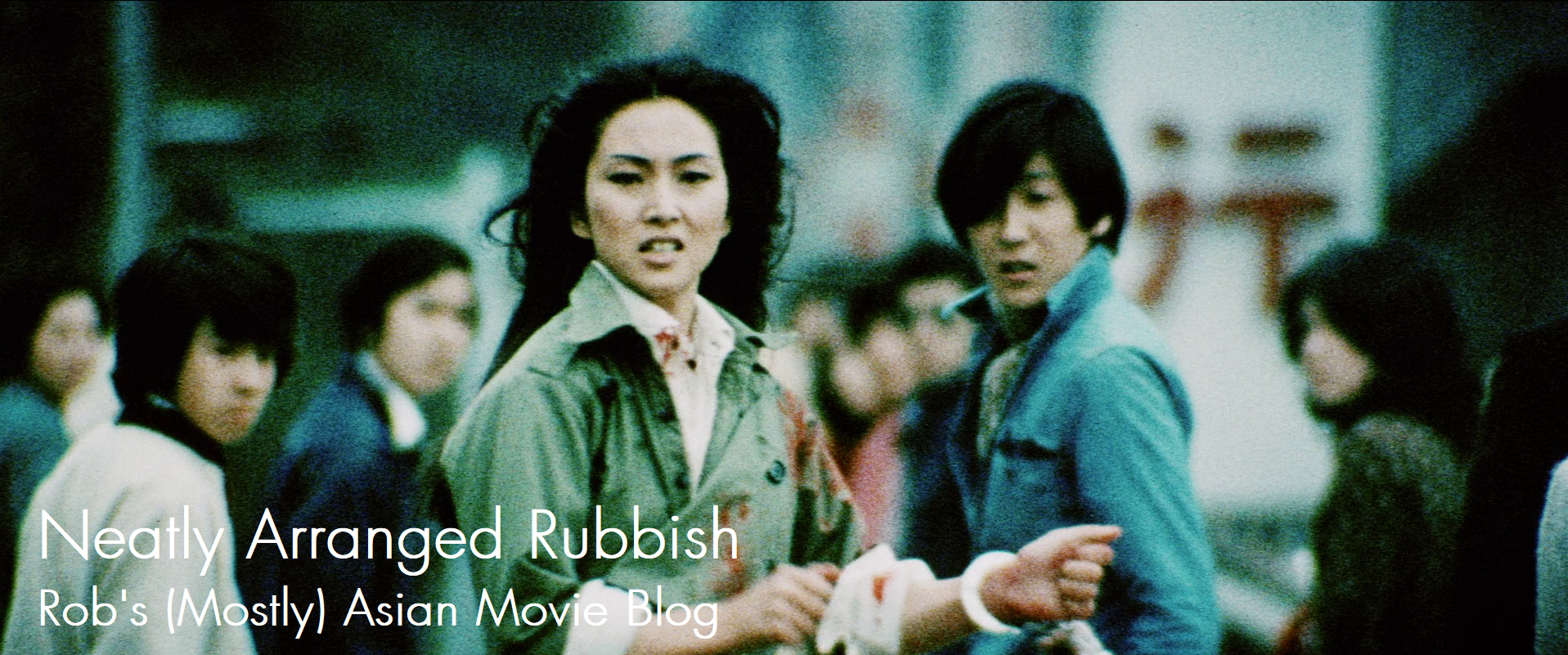Last Updated on January 22, 2021 by rob

Wise and charming battle of the sexes comedy in which Komiya (Tatsuo Saito) a meek professor under the thumb of bossy wife Tokiko (Suiko Kurishima) is put straight by his liberated niece Setsuko (Michiko Kuwano after he gets into trouble for concocting an alibi to cover their drunken night out together at a geisha house. Kuwano – who conveys a delightful insouciance in the face of endless jibes from Kurishima’s nagging wife – is front and centre in a film full of delightful performances. She plays a thoroughly modern young woman who drives, drinks, smokes and given the film’s references to both Fredric March and a pic of a Hollywood starlet in a local newspaper, was consciously modelled by Ozu and his co-writer Akira Fushimi (Kuwano even sports a snazzy fedora) on the sort of independent women played by the likes of Carole Lombard and Katherine Hepburn in the popular Hollywood comedies of the 1930’s (even the middle-class characters and settings here seem comfortably Westernised). Had Michiko Kuwano not tragically died from an ectopic pregnancy less than a decade later there’s no doubt in my mind that on the strength of her performance here she would have become a major Japanese star.

As for the other performances, Kurishima does an impressive job as the bespectacled, pushy wife, never becoming a bore and therefore never entirely losing our sympathies. Equally good is Tatsuo Saito as the husband whose doormat demeanour is not only funny (there’s a lovely scene where he has to pretend to chide Setsuko in front of his wife) but embodies a sly truth about marriage that even the worldly Setsuko hasn’t yet figured out. Adding to the fun are assorted friends and relatives of the couple, plus an inept student lodger and a couple of mischievous children who, in typical Ozu style, steal every scene they’re in. If many of the thematic elements familiar from Ozu’s later work are here so too are his directorial trademarks. Those almost elliptical images – such as a curiously framed shot of the backs of an audience’s heads in a cinema – and the serene yet emotionally resonant cutaways/establishing shots that became such an instantly recognisable trademark of the director are all present. For anyone unfamiliar with Ozu’s work this thoroughly accomplished comedy is an ideal place to start.

